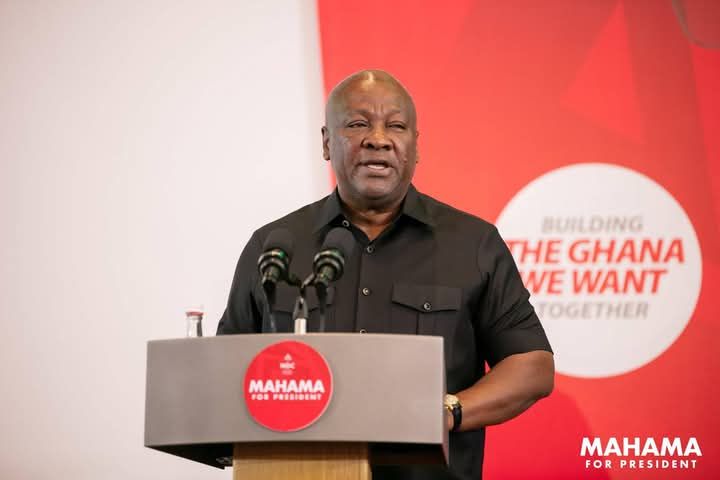
By: Ahmed M. Gedel Writes:
THE ORIENTATION workshop for Metropolitan, Municipal, and District Chief Executives (MMDCEs), launched by President John Dramani Mahama, was far more than a routine administrative gathering.
It was a profound policy declaration, a leadership compass, and a firm reminder that governance at the local level is not a ceremonial appointment, but a mission of consequence.
While the key takeaways from the orientation are visionary and progressive, they also raise critical questions about who is chosen to lead these assemblies and whether they are equipped with the depth, discipline, and drive needed to translate policy into performance.
The MMDCES are no longer passive administrators. The directives outlined by the President demand that they become:
•Strategic development planners,
•Community diplomats,
•Sanitation reformers,
•Education managers,
•Transparent procurement stewards, and
•Ethical symbols of state authority.
This requires not just loyalty or political favor. It requires sufficient knowledge of governance systems, public sector operations, legal frameworks, and multi-stakeholder engagement. Experience in public service is not optional It is a foundational prerequisite.
Indeed, some of the MMDCEs exhibit a mindset that is painfully out of touch with the complexity and urgency of their roles. Local governance in the 21st century must move beyond outdated bureaucracies and petty powerplays. Ghana needs transformational thinkers and action-driven leaders in every district.
The ten points issued during the workshop are more than administrative suggestions:
- Collaboration for Results: Assemblies must shift from command-control structures to open, participatory governance.
- Government Agenda Alignment: Aligning with national vision must go beyond partisan loyalty; it must reflect real grassroots implementation.
- Medium-Term Planning: Assemblies must break free from ad-hoc projects and embrace measurable developmental goals.
- Sanitation Task Force Creation: Sanitation leadership is a civic necessity, not a symbolic gesture. Assemblies must lead by example.
- Tendering Authority: Full responsibility for transparent procurement is a test of integrity.
- Legal Framework Reform: Assemblies must not only draft by-laws but enforce them decisively to tackle urban disorder, land conflicts, and public safety concerns.
- Digital Governance and E-Management: Embracing digital tools to improve record keeping, service delivery, and citizen engagement is no longer optional. Assemblies must innovate or become irrelevant.
- Education and Skills Development: MMDCEs must prioritize access to quality education and vocational training aligned with district-specific needs.
- Revenue Mobilization: Assemblies must demonstrate financial discipline and creativity in local revenue generation, while ensuring accountability in expenditure.
- Monitoring and Evaluation: Regular performance reviews must guide future planning, promotions, and reshuffling of leadership.
The future of Ghana’s local development depends on a new paradigm of leadership. The era where MMDCE appointments were merely rewards for loyalty must end. It is time to establish leadership benchmarks, introduce performance contracts, and enforce consequences for incompetence.

President Mahama has laid the framework for this new era. The onus now lies on political parties, civil society, and the public to insist that those appointed as MMDCEs are not just party faithfuls but capable nation-builders.
Local governance is the heartbeat of national transformation. Ghana cannot afford to get it wrong again.
E- mail: ahmedgedel69@gmail.com
Source: Nationaltymes.com

















